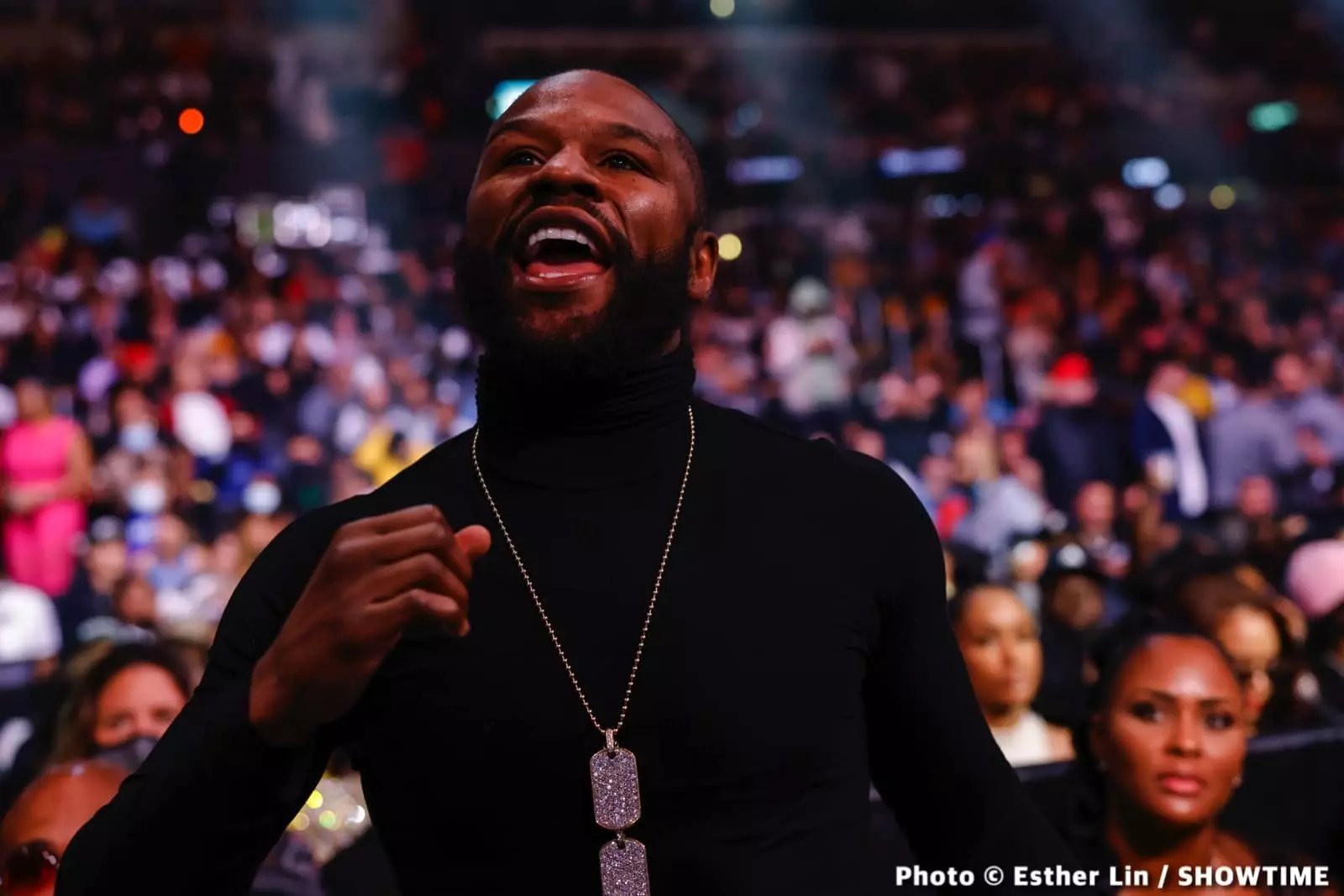In the heart of the boxing world, few stories stir up as much excitement, debate, and controversy as Manny Pacquiao’s return to the ring against WBC welterweight champion Mario Barrios. This highly publicized matchup is not merely another fight; it represents a chapter in the ongoing saga of legendary fighters attempting to reclaim their former glory. At the age of 46, Pacquiao’s comeback has ignited mixed reactions among fans and experts alike. Some anticipate a triumphant performance, while others question whether the octogenarian ring icon should still compete at such a demanding level.
The allure of seeing Pacquiao step into the ring once more speaks to a broader phenomenon in sports: the fascination with aging athletes trying to defy the passage of time. A significant portion of the boxing community seems divided—cheering for Pacquiao’s return while simultaneously expressing concern for his well-being. It raises an essential question: are we celebrating the spirit of competition, or merely indulging a yearning for nostalgia?
Mayweather’s Shadow: The Promise of a Rematch
Adding to the intrigue of this matchup is the tantalizing prospect of a rematch between Pacquiao and the undefeated Floyd Mayweather Jr. Every boxing fan recalls their first encounter in 2015—a fight that broke records and ended in a unanimous decision favoring Mayweather. Speculations have run rampant that Pacquiao’s victory over Barrios might just spark the interest of “Money” for another round. The boxing world is rife with rumors, including claims that Mayweather might need financial rejuvenation—a whisper that he’s either struggling or on the brink of it.
However, such speculation often feeds into a narrative crafted by the sport’s own theater—one where the return of a stalwart like Mayweather is painted as a potential rescue mission for the division. Mayweather Sr. has voiced that his son could easily handle a two-for-one bout against Pacquiao and Conor McGregor, just as if he’s reiterating a well-rehearsed script. His braggadocio brings entertainment, but it also highlights a dangerous trend in boxing, where legends feel the pressure to return, often for financial reasons rather than pure passion.
The Reality of Age and Legacy
While the idea of a 48-year-old Mayweather claiming dual victories in one night may sound thrilling, it overlooks the realities of aging in a sport as unforgiving as boxing. Fighters like Pacquiao and Mayweather have dedicated their lives to a craft that requires peak performance, both mentally and physically. Pacquiao, a cultural icon in the Philippines and beyond, has faced his own challenges over the years. His storied career includes monumental victories, but the question remains whether this latest venture is a quest for glory or a symptom of an athlete unwilling to let go.
Moreover, the appeal of such matchups raises ethical and competitive concerns. Are we genuinely rooting for the fighters’ success, or have we commodified their legacies, consuming their narratives for entertainment? When legends battle it out in the ring, there’s significant weight on their shoulders—one wrong maneuver could tarnish the illustrious careers they built in younger years.
Fans and Their Role in the Future of Boxing
As fans, our collective enthusiasm undeniably shapes the future of boxing, yet we must tread carefully. The fervor around Pacquiao’s matchup with Barrios and the potential Mayweather comeback should provoke reflection on the kind of sport we want to support. Do we desire the excitement of big names or the integrity of matchmaking that prioritizes the fighters’ health? Too often, the lines between admiration and exploitation blur. While nostalgia and the allure of “what could be” draw us in, genuine concern for these athletes must prevail.
Pacquiao’s return to the ring represents both hope and caution—a duality emblematic of every great comeback story in sports. Whether he finds victory against Barrios or asks for a rematch with Mayweather, the boxing community is at a crossroads. We witness history unfold, balancing our yearning for thrilling narratives with a sense of responsibility for the legendary figures who made this sport what it is today.

